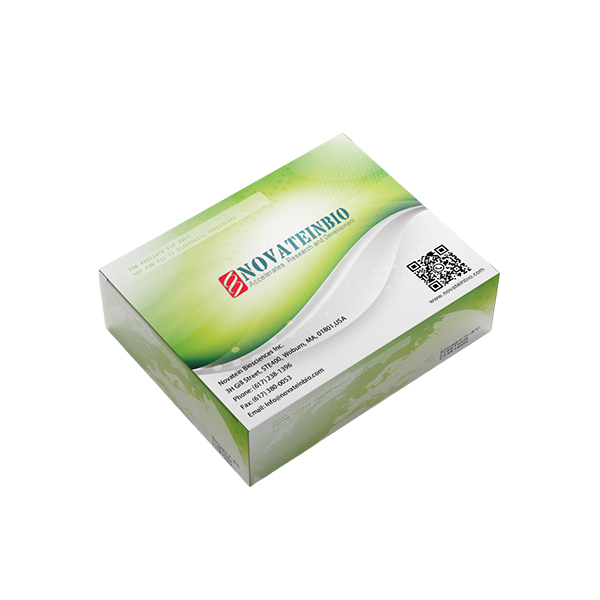Food safety is a critical concern worldwide, affecting consumers, manufacturers, and regulators alike. In ensuring the safety and quality of food products, ELISA kits have emerged as reliable tools to detect contaminants and allergens efficiently. Novatein Biosciences Inc., a trusted provider of biological reagents based in the Boston area, offers precision-grade ELISA kits designed to meet rigorous food safety testing needs. This article explores the 7 key applications of ELISA kits in food safety testing, helping laboratories and food producers understand where and how these kits play a vital role.

1. Detection of Food Allergens
Food allergies affect millions globally, making allergen detection a priority. ELISA kits are widely used to identify trace amounts of allergens such as peanuts, gluten, milk, soy, and shellfish in food products. Novatein’s ELISA kits boast high specificity and sensitivity, enabling accurate identification to protect sensitive consumers and comply with labeling regulations.
2. Mycotoxin Quantification
Mycotoxins, toxic compounds produced by molds, pose severe health risks if ingested through contaminated food. ELISA kits are efficient in detecting mycotoxins like aflatoxin, ochratoxin, and fumonisin. Novatein’s mycotoxin detection kits offer quick, reliable results with certified reference standards, aiding food safety inspectors in preventing contaminated products from reaching the market.
3. Monitoring Pathogenic Bacteria
Certain bacteria such as Salmonella, Listeria, and E. coli are common causes of foodborne illnesses. ELISA kits allow the rapid detection of these pathogens by targeting specific bacterial antigens. With Novatein’s validated ELISA assays, food producers can monitor their products effectively, minimizing outbreak risks and ensuring consumer safety.
4. Verification of Food Authenticity
Food fraud and adulteration are rising concerns. ELISA kits can help verify the authenticity of food ingredients by detecting species-specific proteins or contaminants. For example, these kits can confirm the presence of meat from specific animals or detect unauthorized additives, supporting regulatory compliance and consumer trust.
5. Screening for Chemical Contaminants
Beyond biological hazards, chemical contaminants such as pesticides and toxins require vigilant monitoring. While ELISA kits primarily target proteins and pathogens, specialized kits from Novatein are designed for screening certain chemical residues, providing an additional layer of food safety assurance.
6. Quality Control in Food Processing
Maintaining consistent food quality demands routine testing during processing. ELISA kits assist in monitoring parameters like protein content and spoilage markers, enabling processors to adjust their methods in real time. Novatein’s kits feature lot-to-lot consistency and stability, ensuring reliable performance across batches.
7. Environmental Monitoring in Food Facilities
Food safety extends beyond the product to the production environment. ELISA kits are utilized to test surfaces, equipment, and water sources within food processing plants for potential contaminants. Novatein’s multiplex-compatible detection systems allow simultaneous screening of multiple hazards, streamlining facility hygiene monitoring.
Conclusion
The importance of ELISA kits in food safety testing cannot be overstated. From allergen detection to environmental monitoring, these tools offer precise, reliable, and rapid testing essential for safeguarding public health and meeting regulatory requirements. Novatein Biosciences Inc. stands out with its certified, high-quality ELISA kits and expert technical support, making it a preferred partner for food laboratories and manufacturers. Adopting these advanced ELISA solutions equips the food industry to respond proactively to safety challenges and maintain consumer confidence.
www.assaysolution.com
Novatein Biosciences Inc.

